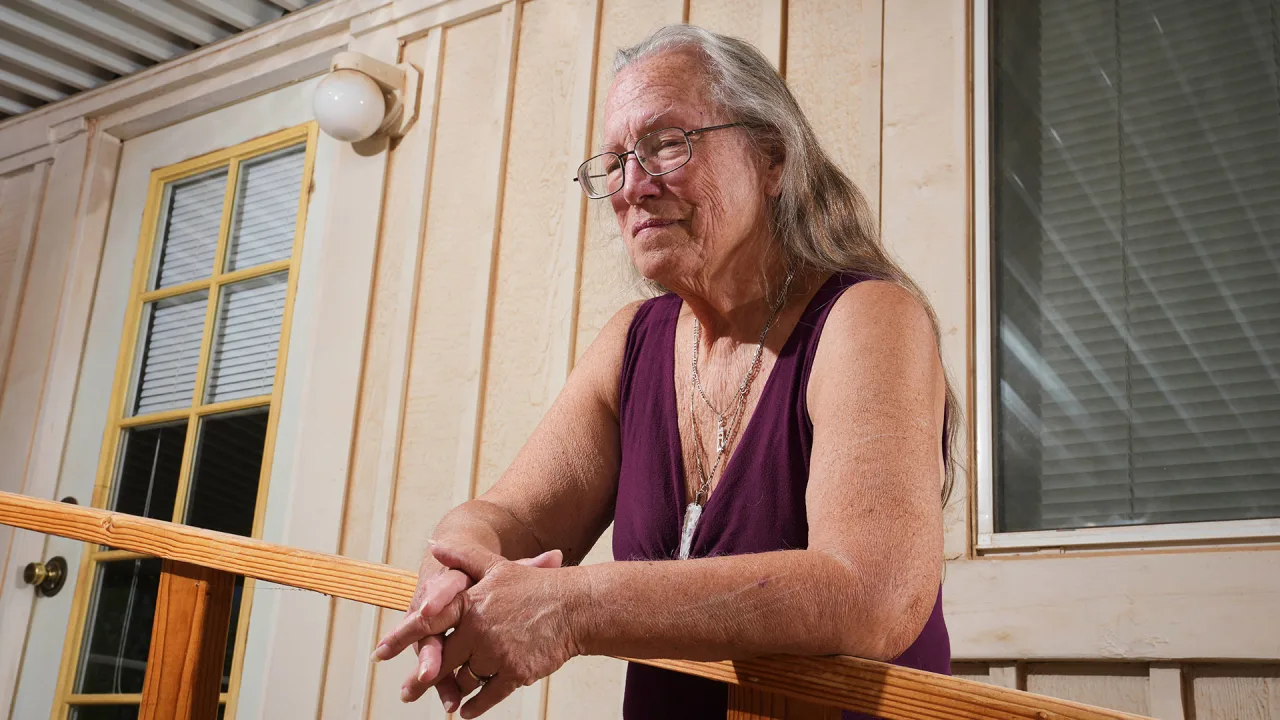Teens are still setting fire to Chromebooks for TikTok clout
Students are still setting fire to their Chromebooks for TikTok—and now they’re facing the consequences. Fast Company first reported on the #ChromebookChallenge trend last week, following a series of school evacuations caused by students igniting laptop fires. The fires are started by inserting items such as pencils, paper clips, and pushpins into the charging ports of school-issued Chromebooks. This can cause the battery to overheat, potentially sparking a fire or explosion that releases toxic fumes. The #ChromebookChallenge reportedly began in Connecticut and has since spread rapidly. Newington High School was the first to evacuate students on May 1 after a laptop caught fire and the fire department was called. Since then, two students at Southington High School were arrested in connection with a separate laptop fire on May 7. The teens were charged with reckless burning, reckless endangerment, criminal mischief, and second-degree breach of peace. On May 8, a Plainville middle school student was hospitalized for smoke inhalation and is now facing criminal charges for deliberately causing the incident. That same day, Belleville High School in New Jersey was evacuated after a laptop fire started outside a classroom. Responding officers and firefighters found a charred Chromebook just outside the building. A 15-year-old student has since been charged with arson and criminal mischief. The trend has spread westward: As of late last week, Denver Public Schools had received 30 reports of students attempting to ignite their laptops, according to Axios. The Colorado Springs Fire Department has reported at least 16 similar incidents. With no sign of the trend slowing, schools across the country—including in California, Colorado, Michigan, Minnesota, North Carolina, Pennsylvania, New Jersey, Rhode Island, Wisconsin, and Washington—have issued warnings about the reckless challenge. Parents and guardians are also being urged to talk to their children about fire safety and the dangers of blindly following social media trends. A TikTok spokesperson tells Fast Company that it takes down content that violates the platform’s Dangerous Activities and Challenges policy. The company is currently working closely with the National PTA to fund programs in high schools about online safety and civility. In addition, searching for the term “Chromebook challenge” on TikTok brings up a safety warning: “Some online challenges can be dangerous, disturbing, or even fabricated,” it reads. “Learn how to recognize harmful challenges so you can protect your health and well-being.” However, the trend is still circulating under other hashtags, such as #ChromebookDurabilityTest and #FStudent. Many of these videos go viral, garnering thousands of views and comments from fellow students and baffled adults. The clips often feature a sound bite from fitness podcaster Ben Azoulay: “The F students are inventors,” Azoulay says. “They’re so creative that they couldn’t sit in class.” Now they’re sitting in jail cells.

Students are still setting fire to their Chromebooks for TikTok—and now they’re facing the consequences.
Fast Company first reported on the #ChromebookChallenge trend last week, following a series of school evacuations caused by students igniting laptop fires. The fires are started by inserting items such as pencils, paper clips, and pushpins into the charging ports of school-issued Chromebooks. This can cause the battery to overheat, potentially sparking a fire or explosion that releases toxic fumes.
The #ChromebookChallenge reportedly began in Connecticut and has since spread rapidly.
Newington High School was the first to evacuate students on May 1 after a laptop caught fire and the fire department was called. Since then, two students at Southington High School were arrested in connection with a separate laptop fire on May 7. The teens were charged with reckless burning, reckless endangerment, criminal mischief, and second-degree breach of peace.
On May 8, a Plainville middle school student was hospitalized for smoke inhalation and is now facing criminal charges for deliberately causing the incident. That same day, Belleville High School in New Jersey was evacuated after a laptop fire started outside a classroom. Responding officers and firefighters found a charred Chromebook just outside the building. A 15-year-old student has since been charged with arson and criminal mischief.
The trend has spread westward: As of late last week, Denver Public Schools had received 30 reports of students attempting to ignite their laptops, according to Axios. The Colorado Springs Fire Department has reported at least 16 similar incidents.
With no sign of the trend slowing, schools across the country—including in California, Colorado, Michigan, Minnesota, North Carolina, Pennsylvania, New Jersey, Rhode Island, Wisconsin, and Washington—have issued warnings about the reckless challenge.
Parents and guardians are also being urged to talk to their children about fire safety and the dangers of blindly following social media trends.
A TikTok spokesperson tells Fast Company that it takes down content that violates the platform’s Dangerous Activities and Challenges policy. The company is currently working closely with the National PTA to fund programs in high schools about online safety and civility.
In addition, searching for the term “Chromebook challenge” on TikTok brings up a safety warning: “Some online challenges can be dangerous, disturbing, or even fabricated,” it reads. “Learn how to recognize harmful challenges so you can protect your health and well-being.”
However, the trend is still circulating under other hashtags, such as #ChromebookDurabilityTest and #FStudent. Many of these videos go viral, garnering thousands of views and comments from fellow students and baffled adults. The clips often feature a sound bite from fitness podcaster Ben Azoulay: “The F students are inventors,” Azoulay says. “They’re so creative that they couldn’t sit in class.”
Now they’re sitting in jail cells.
























































































































![Are AI Chatbots Replacing Search Engines? AI vs Google [New Research]](https://www.orbitmedia.com/wp-content/uploads/2025/05/How-often-are-we-using-AI-chatbots_.webp)

































